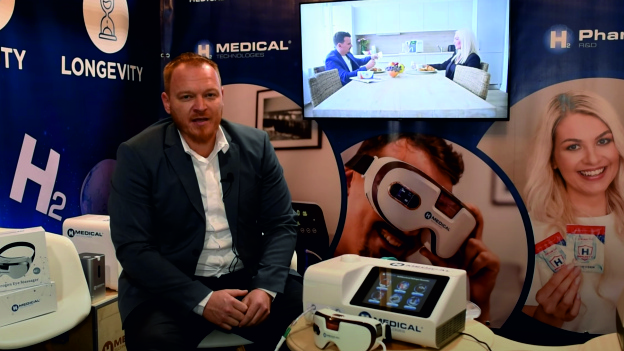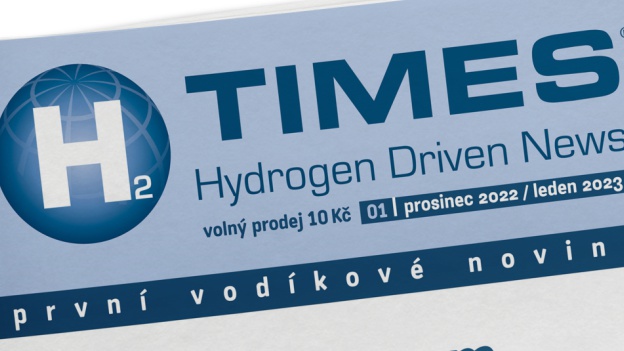Think of oxidative stress as the invisible enemy that causes damage in our bodies. Free radicals attack our cells while antioxidants fail to protect. This chaos can lead to serious diseases such as heart disease, cancer, or accelerated aging. Fortunately, along comes molecular hydrogen (H2), which, thanks to its unique properties, acts as a selective antioxidant, neutralizing the most damaging free radicals and promoting health at the cellular level.
Molecular hydrogen as a selective antioxidant
Molecular hydrogen is unique in that it can selectively neutralize the most harmful free radicals, such as the hydroxyl radical (-OH), without interfering with the beneficial oxidative processes that are essential to the body. This selective action makes molecular hydrogen a very effective tool in the fight against oxidative stress without disrupting normal cellular functions.
Professor Shigeo Ohta's groundbreaking study
The first major scientific study to highlight the potential of molecular hydrogen in the field of medicine was published in 2007 by Japanese biochemist Professor Shigeo Ohta in the prestigious journal Nature Medicine. This study showed that inhalation of molecular hydrogen can significantly reduce cell damage caused by oxidative stress in animal models. The results of this study have led to a surge of interest in the scientific community about the potential use of molecular hydrogen as a therapeutic agent.
Further scientific studies and clinical evidence
Since the publication of Professor Ohta's study, many other studies have been conducted to confirm the effectiveness of molecular hydrogen in reducing oxidative stress. For example, a study published in the Journal of Clinical Biochemistry and Nutrition showed that drinking water enriched with molecular hydrogen led to a reduction in markers of oxidative stress in patients with metabolic syndrome.
In another study, published in the Journal of Neurochemistry, researchers found that molecular hydrogen may protect brain cells from damage caused by oxidative stress and inflammation, suggesting its potential in the prevention and treatment of neurodegenerative diseases such as Alzheimer's disease.
Clinical studies also show that molecular hydrogen can have a positive effect on patients with rheumatoid arthritis, coronary artery disease, and even athletes who face high levels of oxidative stress due to intense physical exercise.

Mechanisms of action of molecular hydrogen
Molecular hydrogen acts not only as a selective antioxidant, but also as a signaling molecule that can influence various biochemical pathways in the body. For example, it activates the Nrf2 pathway, which is crucial for the regulation of antioxidant enzymes, thereby strengthening the body's natural defenses against oxidative stress. Furthermore, it is thought that molecular hydrogen can modulate inflammatory responses, which has important implications for the treatment of chronic inflammatory diseases.
An important step towards health
Molecular hydrogen is showing great promise as a means of reducing oxidative stress and protecting cells from the damage associated with it. With scientific studies and clinical research confirming its effectiveness, molecular hydrogen is increasingly becoming known not only to the professional community but also to the general population. Although further research is needed, the evidence to date suggests that molecular hydrogen may be a significant step forward in the prevention and treatment of various diseases associated with oxidative stress.
Homepage photo source: Shutterstock






























